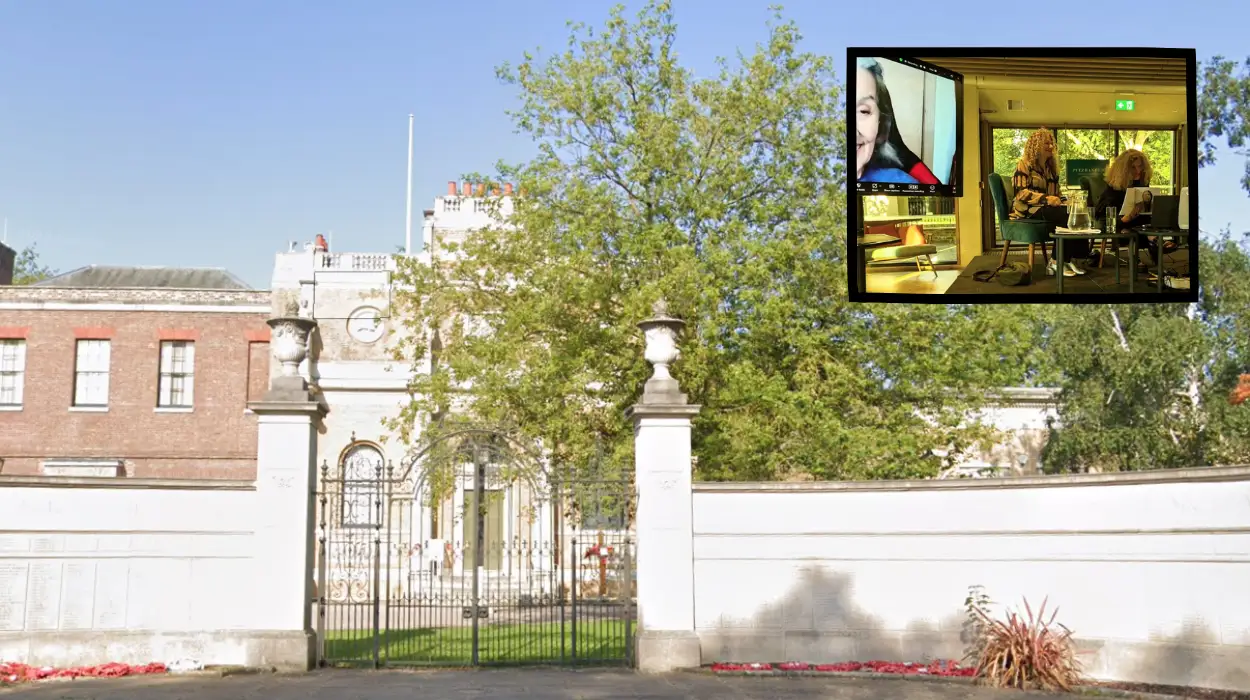Ealing (Parliament Politics Magazine) – Legal and activist voices gathered in Ealing to discuss justice reform during Nicole Farhi’s ‘J’Accuse…!’ exhibit on miscarriages of justice.
Ms. Farhi attended the event with Yvonne Swan, an Indigenous American activist whose own wrongful conviction is included in the exhibition, filmmaker Olivia Lichtenstein, and scholar and attorney Professor Anthony Julius. Lichtenstein moderated the conversation.
Reflecting on the nature of the portraits, Professor Julius said:
“Ordinarily representational sculpture is for people who have achieved something… But these are people on whom distinction and a kind of celebrity status has been thrust.”
He added:
“Nicole gives them their face back… but gives it back in a way which also registers the pain and the humiliation, the involuntary ignominy associated with the unjust conviction.”
According to Ms. Farhi, the project was first motivated by historical events like the Dreyfus Affair and Ethel Rosenberg’s death, but it has now grown to incorporate modern tales.
Yvonne Swan is one of them; she used Zoom to speak at the event.
When asked what justice meant to her, Mr Swan said:
“Well, I certainly know what injustice means.”
The artist recently added the photo of Peter Sullivan, who was released in the UK after serving 38 years in prison, and disclosed that the project is still going strong.
She said:
“The series is unfortunately growing.”
J’Accuse! ends on June 15, 2025.
How does the justice debate around Nicole Farhi’s exhibition relate to current legal issues in Ealing?
In the exhibition, there are 25 ceramic busts of people who were wrongfully convicted from all over the world, including recent British instances like Andrew Malkinson’s, which resulted in high-profile resignations and revived interest in the UK legal system.
This reflects current debates in Ealing and around the country over the need for increased accountability and openness in the legal system.
The exhibition’s date aligns with important ideas for legal reform. By reducing obstacles that hinder the overturning of erroneous convictions, the Law Commission’s latest recommendations for reforming the criminal appeals system seek to make it more equitable and easily accessible.
Review topics include the stringent “real possibility” criteria for appeals, stringent deadlines, and the high threshold for compensation for those who were unfairly convicted.


